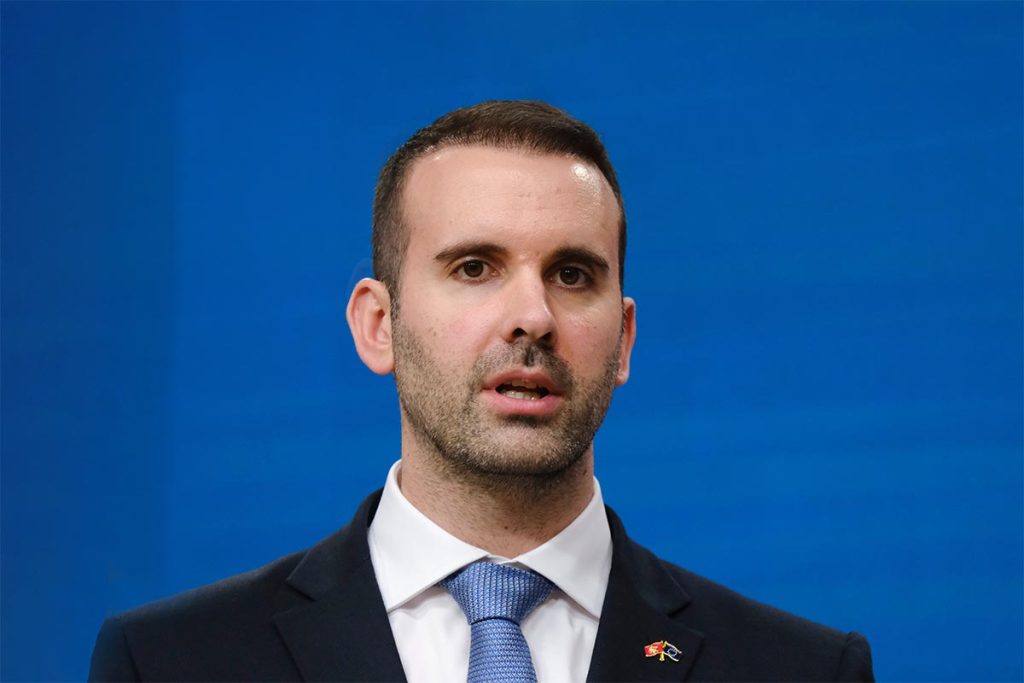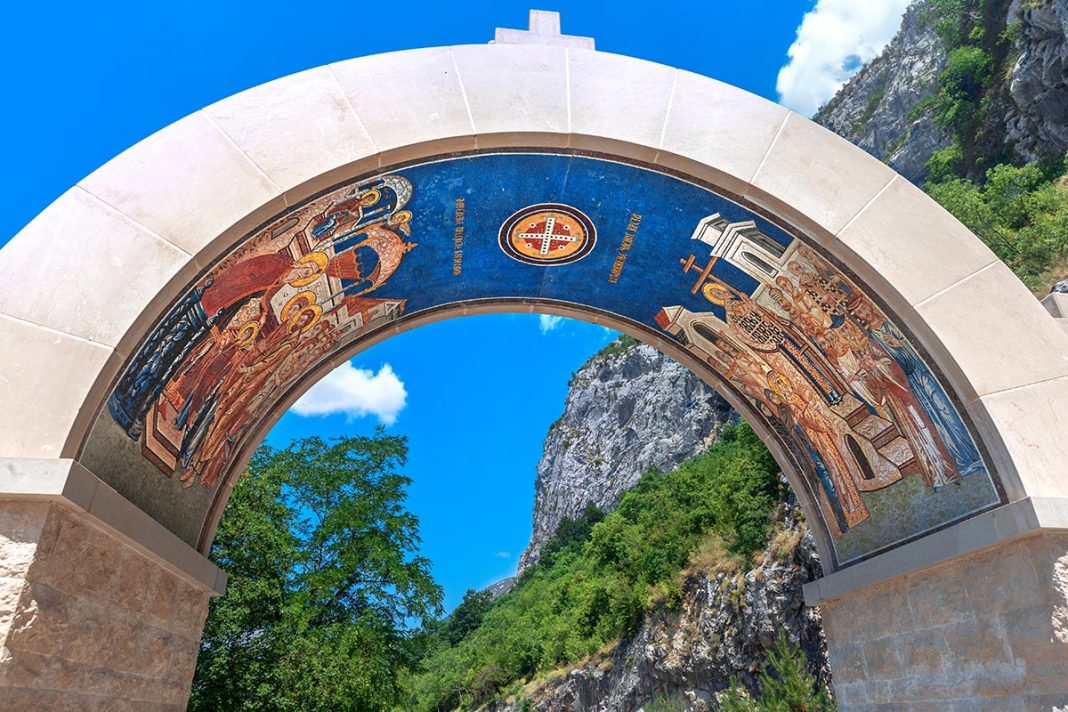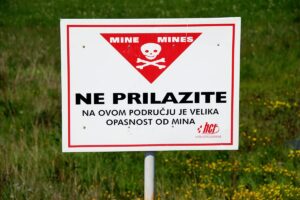Montenegro is moving steadily toward its goal of joining the European Union by 2028, having provisionally closed several additional negotiation chapters in recent days. With all 33 chapters opened and 3 now closed, Montenegro remains the most advanced candidate in the Western Balkans enlargement process.
The government has intensified efforts to meet EU benchmarks on the rule of law, public administration, and green transition, while also strengthening coordination with Brussels and neighbouring states.
The European Commission praised Montenegro’s renewed momentum and commitment to reforms, noting improved legislative alignment and a constructive political climate. EU officials are now pushing for accelerated progress in key areas—particularly judicial independence and anti-corruption measures—before setting a more definitive accession timeline.

Prime Minister Milojko Spajić reaffirmed Montenegro’s strategic orientation toward EU integration, calling it a “national priority.” In parallel, the country is engaging more actively in regional initiatives, including renewed interest in joining the Open Balkan framework to deepen economic ties.
With steady reforms and growing support in Brussels, Montenegro’s EU path appears more tangible than ever—though much will depend on its political cohesion in the months ahead.







